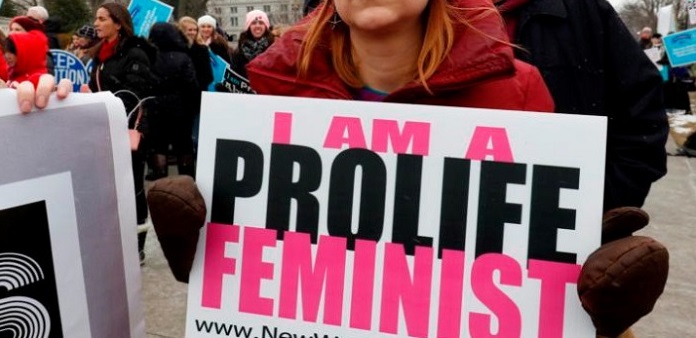A senior Fine Gael official has dismissed as “legal fiction” the view that it may be possible to amend the Constitution to retain the general right to life for unborn children, but to allow abortion in the cases of unborn children with life-limiting conditions.
Writing in a personal capacity in The Irish Catholic this week, Barry Walsh, the Vice Chair of the Fine Gael Executive Council, said such a view has “gained traction” at a high level in Government in recent months.
“On one level, this proposal is a legal fiction, since it will be impossible to formulate a constitutional definition for something for which medical science cannot diagnose with any certainty.
“But it also ignores a fundamental moral and political conundrum,” he said, adding that any such referendum “would essentially ask the Irish people to reaffirm the general right to life of all citizens, including children in the womb, but to strip the right to life from a small number of children for the sole reason that they have been diagnosed with a serious illness”.
“The true measure of any society is how it treats its sick and vulnerable.
“You don’t have to be a Catholic, or even religious, to see the fundamental inhumanity at the heart of this proposal,” he said.
Criticised
Meanwhile, the Pro Life Campaign (PLC) has criticised a call by the Master of the National Maternity Hospital, Dr Rhona Mahony, for a referendum on abortion in the case of babies diagnosed with life-limiting conditions.
PLC deputy chairperson, Cora Sherlock, pointed out that Dr Mahony “does not represent the many doctors in Ireland who do not believe that abortion should be made available in these cases and who recognise the enormous benefits to the family of carrying a baby to full term”.
“Families who have been through this experience speak of the precious memories that they made when meeting their babies even for a short time,” she said, adding that it is “vital that doctors who believe that abortion is never something which should be advocated speak up now as there is a real danger of the public coming to the conclusion that there is agreement among the medical profession that a referendum should be held”. “In reality, nothing could be further from the truth,” she insisted.


 Cathal Barry
Cathal Barry